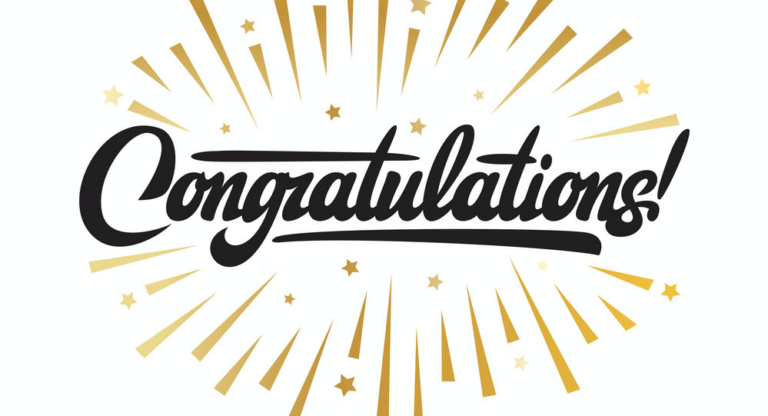
Copyright Education and Church Music
When I started my work in Church music in 1976 in Busby, AB, it really was the Wild West. We photocopied music and made duo-tang hymnals with words-only versions of copyrighted materials. I remember telling myself and others that this was for the Church, and so it was okay. In school it was a little better – there we sang along with the recordings from the Come to the Father (yes, they were on vinyl!) religious education program, using the words printed in our catechism books. The importance of this music should not be underestimated. I can still remember some of them decades later:
First I must honour God,
Second honour his name,
Third keep his day holy
This will be my aim.
In the mid-eighties, I worked with a group in an Edmonton parish to publish our first parish hymnal. We made our lists, consulted with all the musicians in the parish, and then wrote to publishers around the world asking for permission. There were no license programs in those days. Some said yes, some gave their music away and others required us to buy printed copies of their music from them, while still others never responded at all. It was a lot of work, but it was also rewarding, as I got to learn about how the music was created and published and what was needed to keep those individuals, religious orders, and companies going.
Like me, churches, schools and musicians have come a long way from the days of anything goes—at least in most places. I strongly feel that institutions need to continually step up through the purchases of reprint licenses, and see themselves as partners with composers and publishers by contributing some support for the music we need for our ministry. Churches and schools may grumble, but they don’t seriously consider not paying for all the other things that are needed for their ministry: keeping the lights on, paying salaries, buying catechetical materials and so on. Licensing is very much like that, except it keeps the lights on for composers and for music publishers.
 It is from my perspective on the publishing side that I look at the staff, the production and recording costs, as well as the royalties that the owners of the compositions rightly deserve. And from this perspective, I do think we are acting as partners with churches and schools in asking them to purchase licenses. The amount we charge through LicenSingOnline is really quite minimal when you think about the number of copies made and the number of songs involved.
It is from my perspective on the publishing side that I look at the staff, the production and recording costs, as well as the royalties that the owners of the compositions rightly deserve. And from this perspective, I do think we are acting as partners with churches and schools in asking them to purchase licenses. The amount we charge through LicenSingOnline is really quite minimal when you think about the number of copies made and the number of songs involved.
Our friends at LicenSingOnline have created a fun new copyright education and information mini-website. You can take a quiz at www.musiccopyrightiq.com to see what you can still learn. If you are dealing with people or administrations that are still unaware of the reasons why copyright is important and, in fact, the law, this is a great resource to recommend.
As we continue to look at the ways in which music is created and shared, I expect the relationship between publisher, composer and institution to continue to grow. It is very exciting to be part of the conversation!
-Glenn Byer, Associate Publisher


